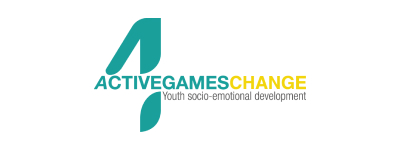
Active Games 4Change
Sport and physical activity learning environment for citizenship, emotional, social and e-competences training

Training of Refugee Offenders by Virtual Reality
Timeframe
09/2020 – 02/2023 (30 months)
Get in touch

The TRAIVR project aims to provide rehabilitation through a training programme based on virtual reality (VR) aimed at refugee probationers with drug addiction problems. This virtual reality programme will help them to improve their coping skills, namely problem-solving and emotional regulation skills.
Virtual reality offers a better learning opportunity for adults while respecting confidentiality; moreover, it overcomes the language barrier cost-effectively since the same VR scenario can be adapted to different languages.
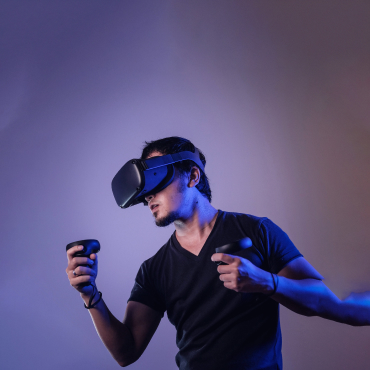
Develop a virtual reality (VR) programme aimed at supporting the rehabilitation process of refugee probationers who suffer from drug addictions.
Promote VR technology in teaching coping skills and adapt the training programme to probation settings as a new methodology.
Bridge the language barrier that could be preventing better results in training and rehabilitating refugees under probation measures.
Research and report on needs and issues arising from language barriers in the refugee rehabilitation system (Turkey).
Literature review on the best implementation structure and methodology using virtual reality technology for drug users in rehabilitation (global).
Development of a manual for writing virtual reality scenarios.
A virtual reality training programme in life skills, such as stress management, coping techniques and emotional regulation.
A pilot programme (in English, Turkish and Portuguese) applied to 15 subjects in Portugal and Turkey.
Creation of a methodology for the use of VR technology in probation environments in the case of rehabilitation of refugee offenders suffering from substance abuse problems.
Structuring of a training programme for trainers aimed at probation officers responsible for the rehabilitation of refugees under probation measures.
Assessment of the change in skills targeted by the virtual reality training programme.

Sport and physical activity learning environment for citizenship, emotional, social and e-competences training
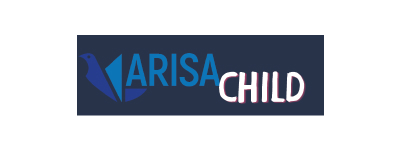
Assessing the Risk of Isolation of Sentenced and Accused: Enhancing the Capacity of Correctional Services to Work with Convicted Children

Cross-sectoral awareness building on mental health needs in the criminal justice system and on release

Blended Learning Environment for European Prisoners

Bringing Safety on the Roads

Coding in prison as a valuable OUTside tool for employment
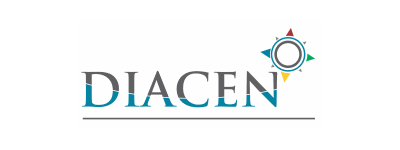
Taking Further Prisoners’ Education Projects in Using Dialogue as Preparing for Release

European Interaction Guidelines for Education Professionals when working with Children in Juvenile Justice Contexts

European Induction Support for Adult Learning Professionals to the Correctional Criminal Justice System

Fair predictions of gender-sensitive recidivism

European Framework of Competences for Community Professionals in Gang Environments
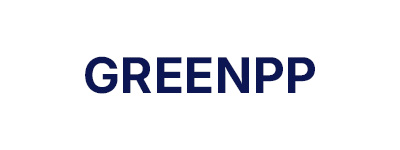
Promoting sustainability in prisons through green competencies, education, and pathways to employment

Identifying future capabilities for Community Policing

Key Competencies for Minor Offender Reintegration

Development and testing of a process chain for the placement of former detainees as specialists in the labour market

Peer Pro-Social Modeling in Probation
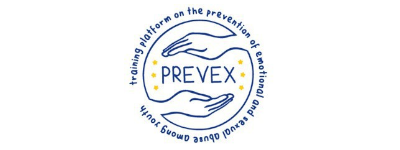
Preventing Emotional and Sexual Abuse Among Young People

A flexible, multidisciplinary and transnational VET model for the PROBATION services and practitioners
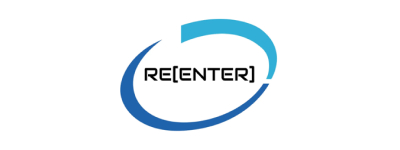
Strengthening the capacity of criminal justice professionals and volunteers
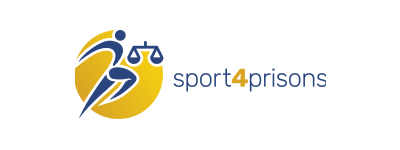
New sports method for prisons as a tool to support competency development, positive values, and reintegration
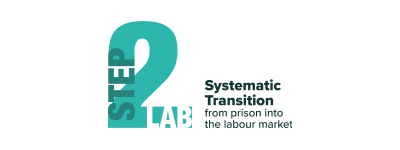
Systematic Transition from Prison into the Labour Market
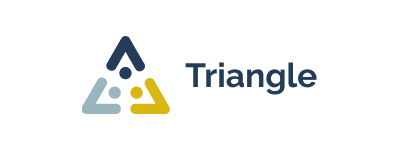
Secured digital education system for vocational skills for youngsters in closed institutions
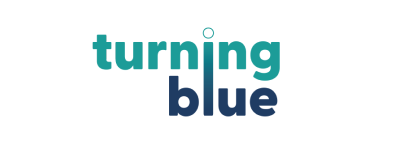
Integrating Young Offenders Through the Blue Economy

Virtual reality for training inmates
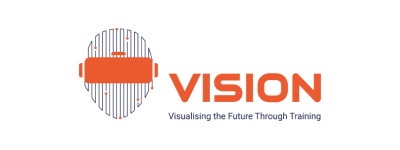
Visualising the Future Through Training

Developing and Using Virtual Reality Technology for the Rehabilitation of Drug Users in Probation Services
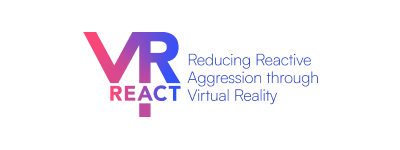
Reducing Reactive Aggression through Virtual Reality